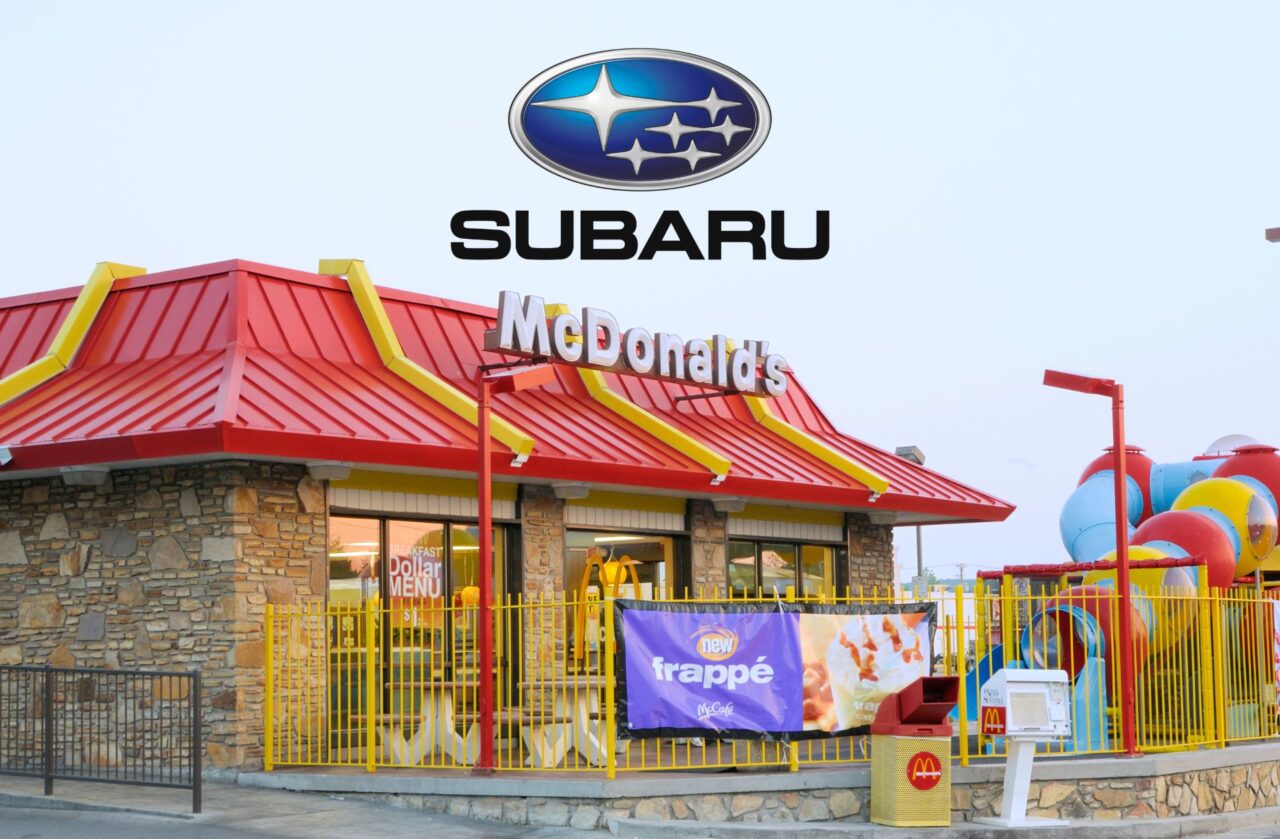Subaru says they don’t want to compete with McDonald’s hourly wages in Indiana, so they have taken their car manufacturing elsewhere.
Suburu
Subaru began selling its first electric vehicle in the U.S. this year, but it’s not made in America, and according to them, it won’t be any time soon.
The Solterra is a collaboration with Toyota that’s currently manufactured in Japan rather than in the United States factory in Indiana. The Indiana factory produces the Subaru Outback, Legacy, Impreza, and Ascent.
What this means is that Subaru no longer qualifies for any federal tax credits under the new rules established by the Inflation Reduction Act (IRA), which requires vehicles to be built in North America.
But while several automakers are planning to ramp up production in the region to take advantage of the incentives, Subaru won’t be joining them anytime soon for an unusual reason.
The Beef With Hourly Wages
“In Indiana, part-time workers at McDonald’s earn $20 to $25 per hour, which is in competition with what temporary workers make at our plant,” CEO Tomomi Nakamura said during the automaker’s latest earning’s call on Wednesday, Automotive News reported.
“If we were to build a new plant, it would be very difficult to hire new people for that. Labor costs are rising now. It is quite challenging for us to secure workers for our Indiana plant, including those of suppliers.”
Salaries at Subaru’s Indiana facility, which employs over 5,900 associates, range from $17 to over $48 per hour, according to Indeed and Glassdoor,
Nakamura said Subaru is planning to be operating its own electric vehicle facility in Japan by 2027, but won’t consider adding one in the U.S. until wage inflation begins to subside.
“It is very difficult for us to respond to. There are a number of requirements,” Nakamura said of the new EV incentive plan.
“We find it difficult to figure out how the IRA will help us bring benefits to our customers.”
‘No Problem’
Subaru isn’t having any trouble selling its other cars right now.
It has a backlog of 48,000 orders due to ongoing supply chain issues and just a 10-day supply of inventory at its dealers.
Nakamura feels good that production will return to pre-pandemic levels within the next six months.
Get the news you need at It’s On News.


